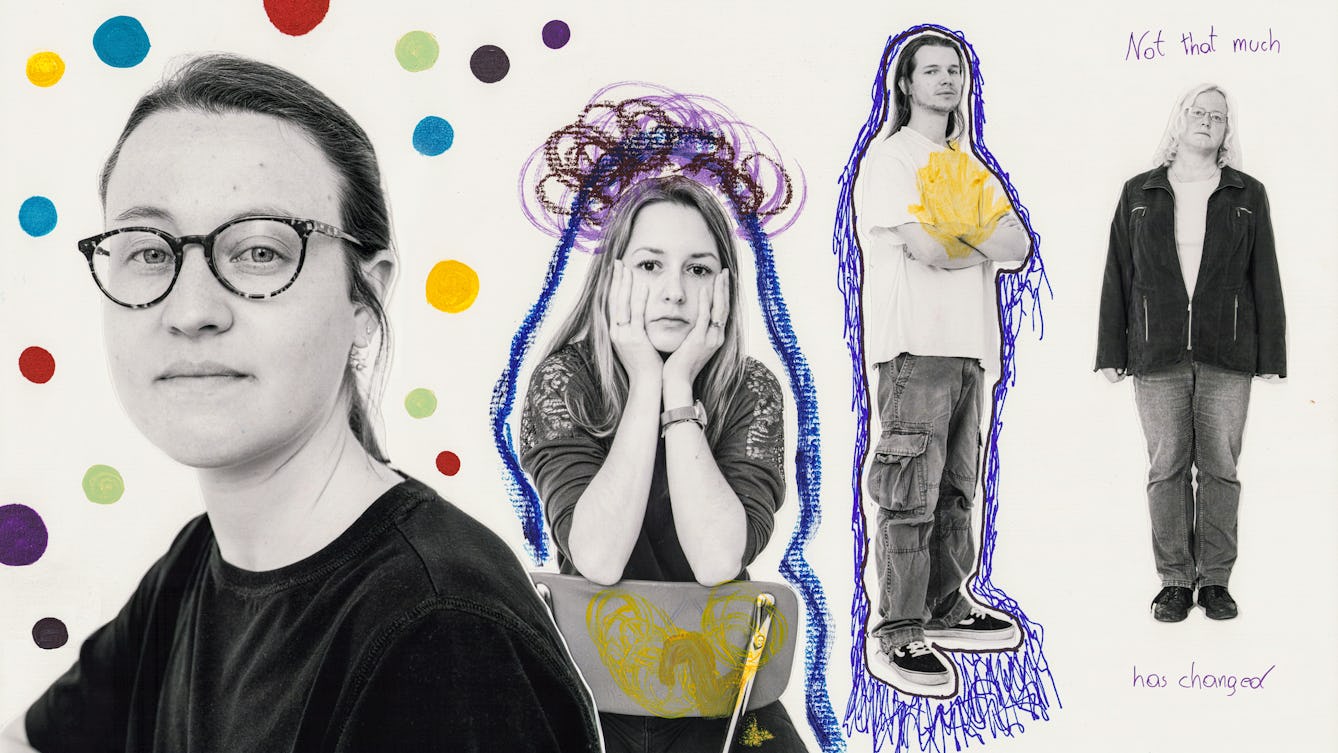
- Article
- Article
Is it really OK to not be OK?
Our mental healthcare system is still the poor relation of services that treat physical illness, and the pandemic has shone a spotlight on this situation. Campaigner James Downs argues for fundamental change.

- Article
- Article
Bringing Braille back to the modern world
For anyone who thinks Braille is so last century, read on. New tech is helping dust Braille down and bring it to today’s visually impaired people.
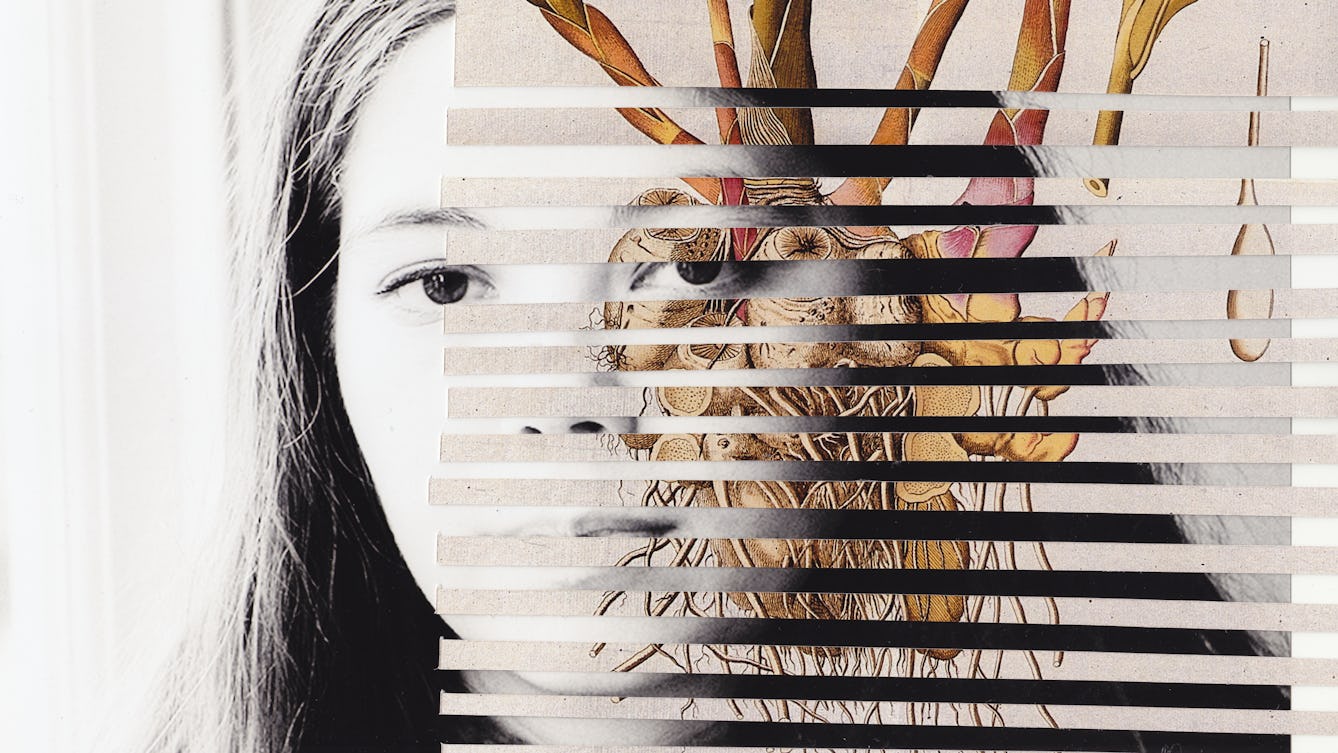
- Article
- Article
姜、蒜、葱 Ginger, garlic and spring onions
Nina Mingya Powles felt adrift in the UK, living thousands of miles from home. But nurturing familiar tastes and smells in her tiny balcony garden helped her roots begin to grow.
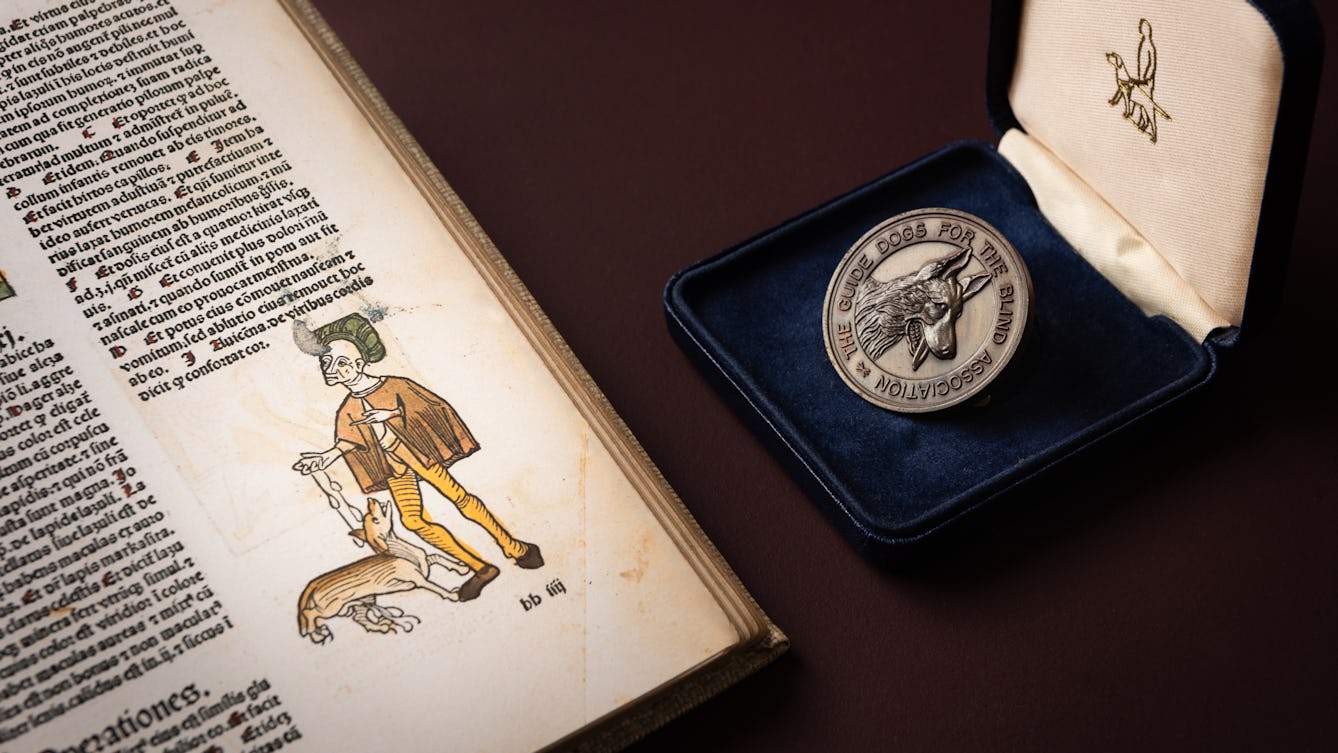
- Article
- Article
Guide dogs or good dogs from the Middle Ages
Medieval illustrations often show blind people, sometimes with dogs. But working out whether these were actually guide dogs involves a mix of detailed detective work and expert speculation.

- Article
- Article
Life before assistive technology
When an inherited condition caused Alex Lee’s vision to deteriorate, he began to discover the technologies that would help him navigate the world around him. Here he describes how his life began to change.
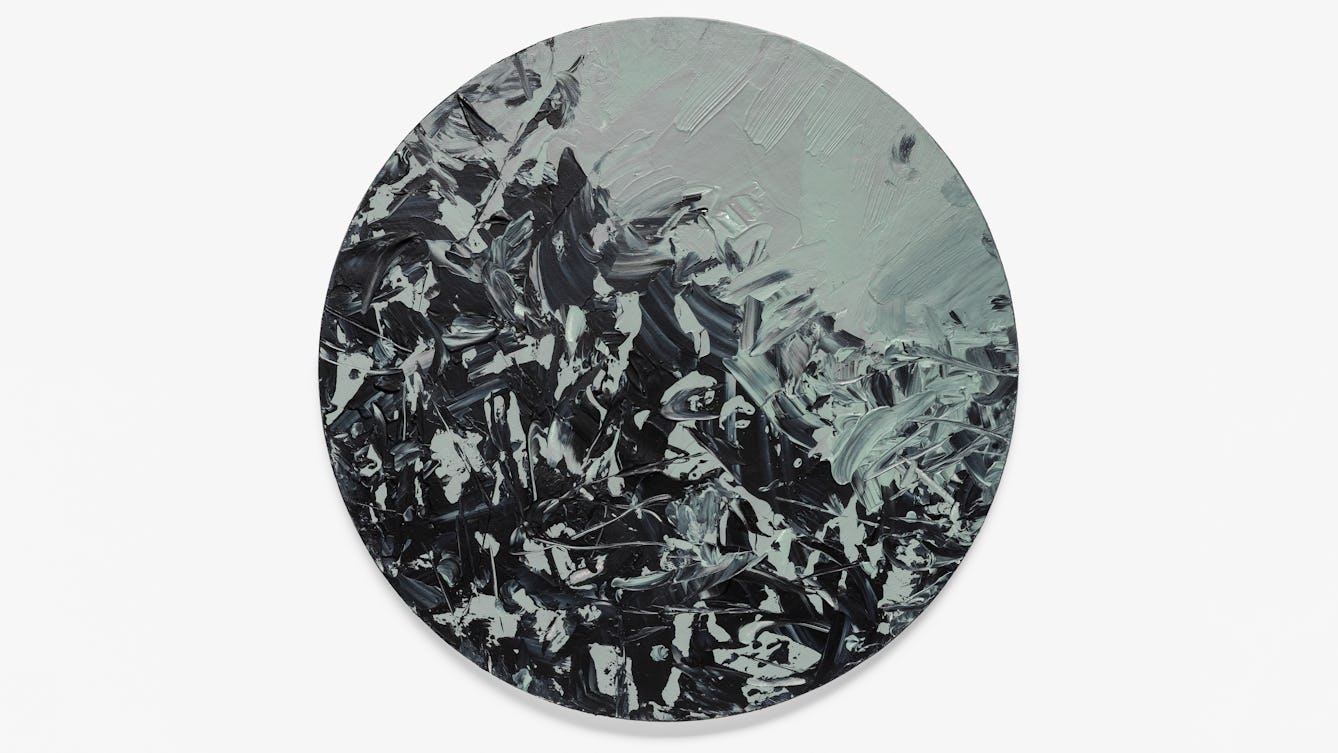
- Article
- Article
Performing my disability
Caroline Butterwick explores the idea of disability as performative, and the pressure to act out what we think others expect.

- Article
- Article
A walk through other people’s expectations
The steep path isn’t the only thing Caroline Butterwick has to navigate on her Lakeland hike. Always aware of other people’s expectations, she continually monitors how her disability might seem to strangers.
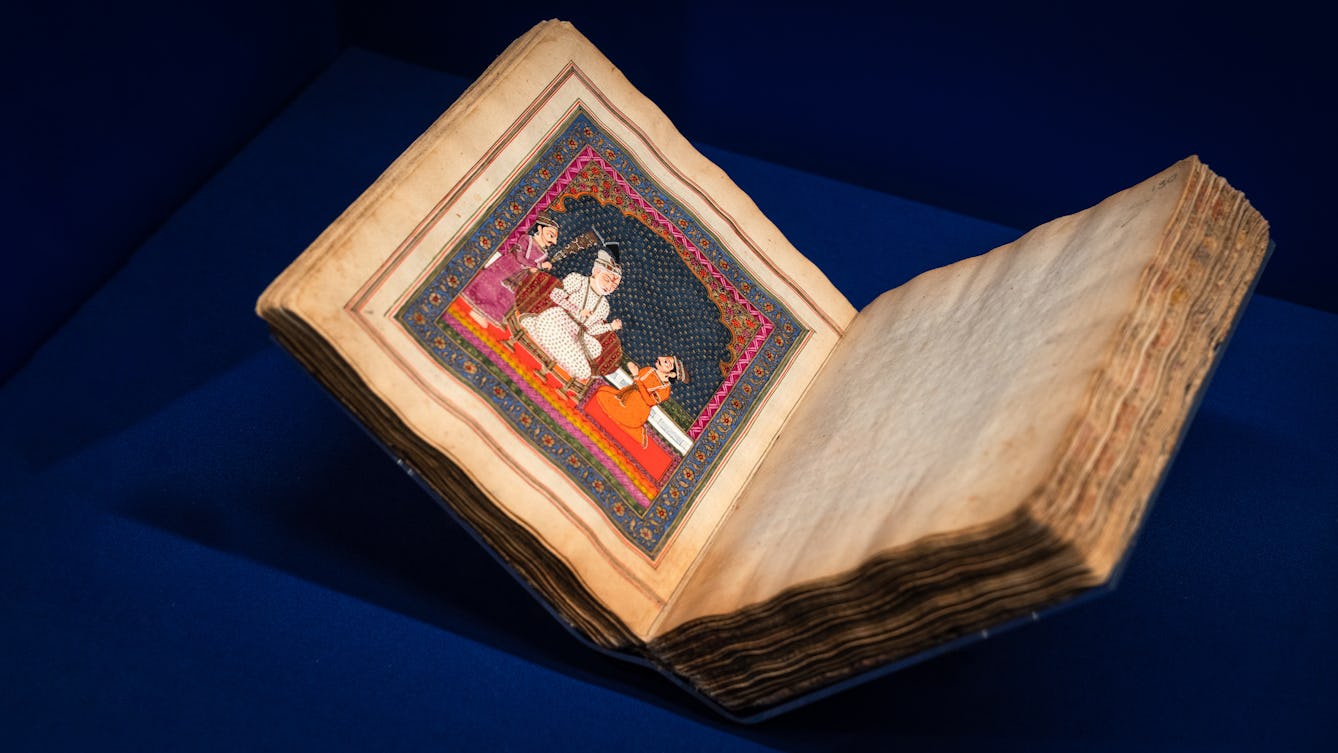
- Article
- Article
The eye of darshan
The Hindu concept of darshan means “divine revelation”, but it’s also about the multilayered ways in which we see the world around us. Adrian Plau explains how one image in a Panjabi manuscript relates to darshan, and why it’s so striking.

- Article
- Article
Making sense of senses lost
In rapid succession, Steve Barker suddenly lost sight and hearing on his left side. The effect on how he perceives the world has been profound.
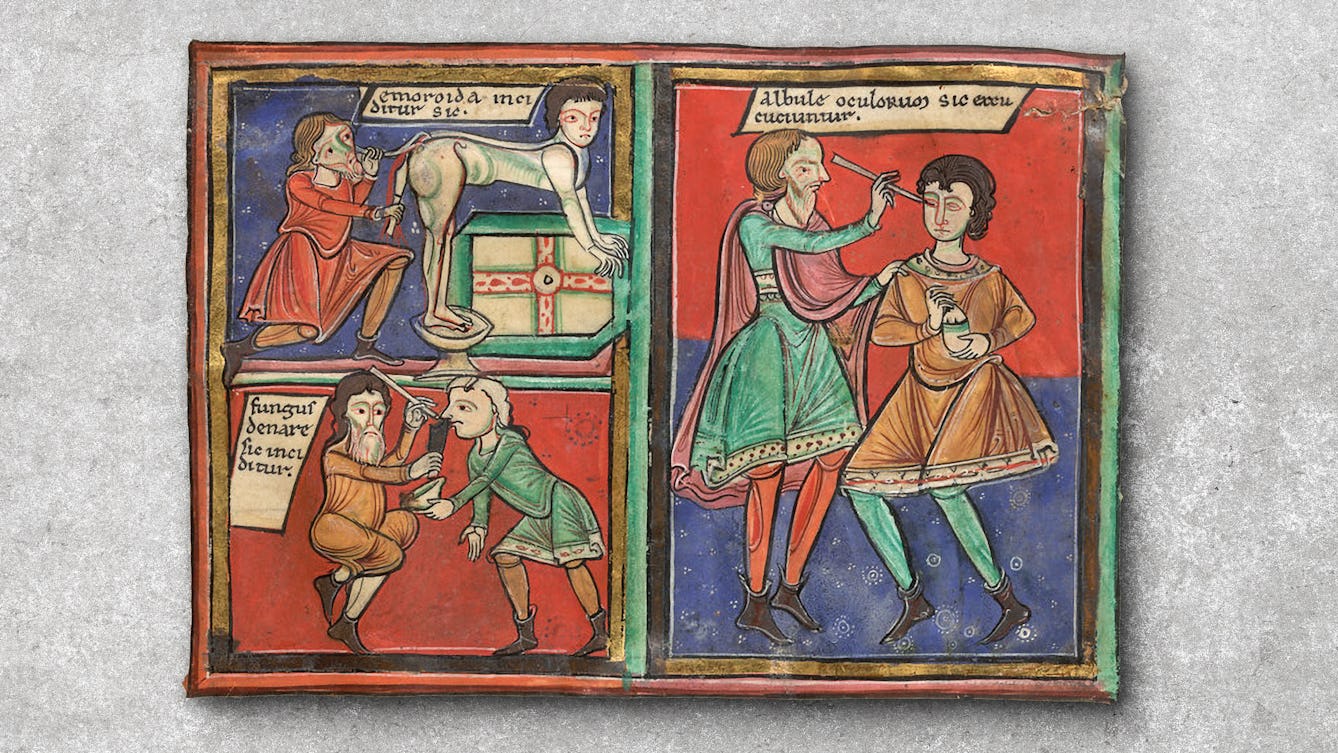
- Article
- Article
Revelations of blindness in the Middle Ages
Medieval texts, from Islamic medical treatises to Christian books of miracles, reveal surprisingly varied and complex experiences of blindness. But when medieval scholar Jude Seal experienced visual impairment themselves, they gained an even deeper understanding of the lives they were studying.
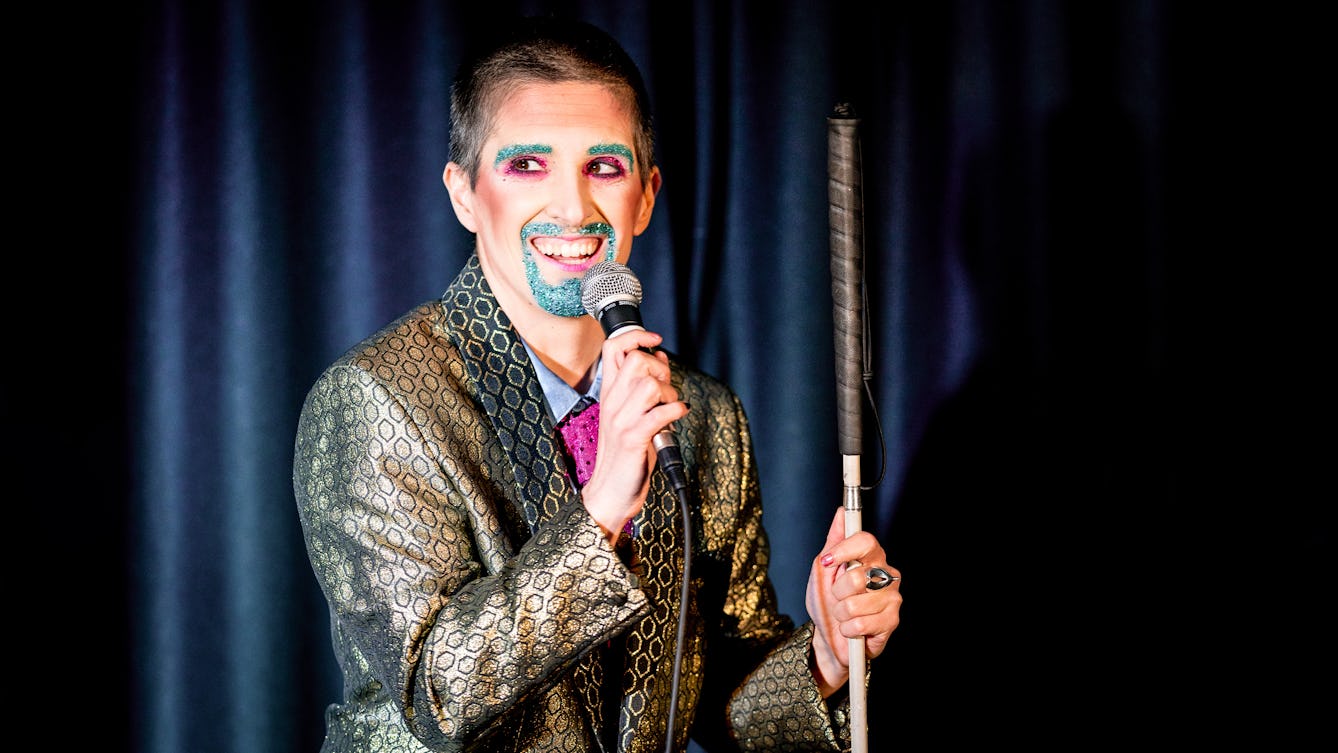
- Article
- Article
The politics and power of audio-description
Traditional theatre audio-description often lets down artists and audiences. But, done well, it has the potential to be a force for creativity as well as accessibility.

- Article
- Article
The unimprovable white cane
Recent technological additions to the white cane aim to make the world easier for visually impaired people to navigate. Alex Lee explores whether new is really better.

- Article
- Article
Chasing spring
Isabella Kaminski reflects on a transformative journey that saw her cycle the length of the UK, tracking the first signs of spring. She explores what the changing seasons can tell us about ourselves and the climate crisis.

- Article
- Article
Talent, tech and visual art
Jamie Hale finds a combination of talent and technology are crucial when it comes to creating great visual art, but how do you keep working when your circumstances are in constant flux?

- Article
- Article
Navigating in a connected world
Alex Lee ponders the promising ideas, stalled projects and pricey gadgets that aim to help visually impaired people get out and about. But it seems that an actual human could be the essential ingredient.

- Article
- Article
Living in limbo when a loved one is missing
When someone goes missing, loved ones are thrown into a state akin to constant grieving; waiting for news, living in hope. Novelist Bev Thomas describes how they try to cope and carry on.
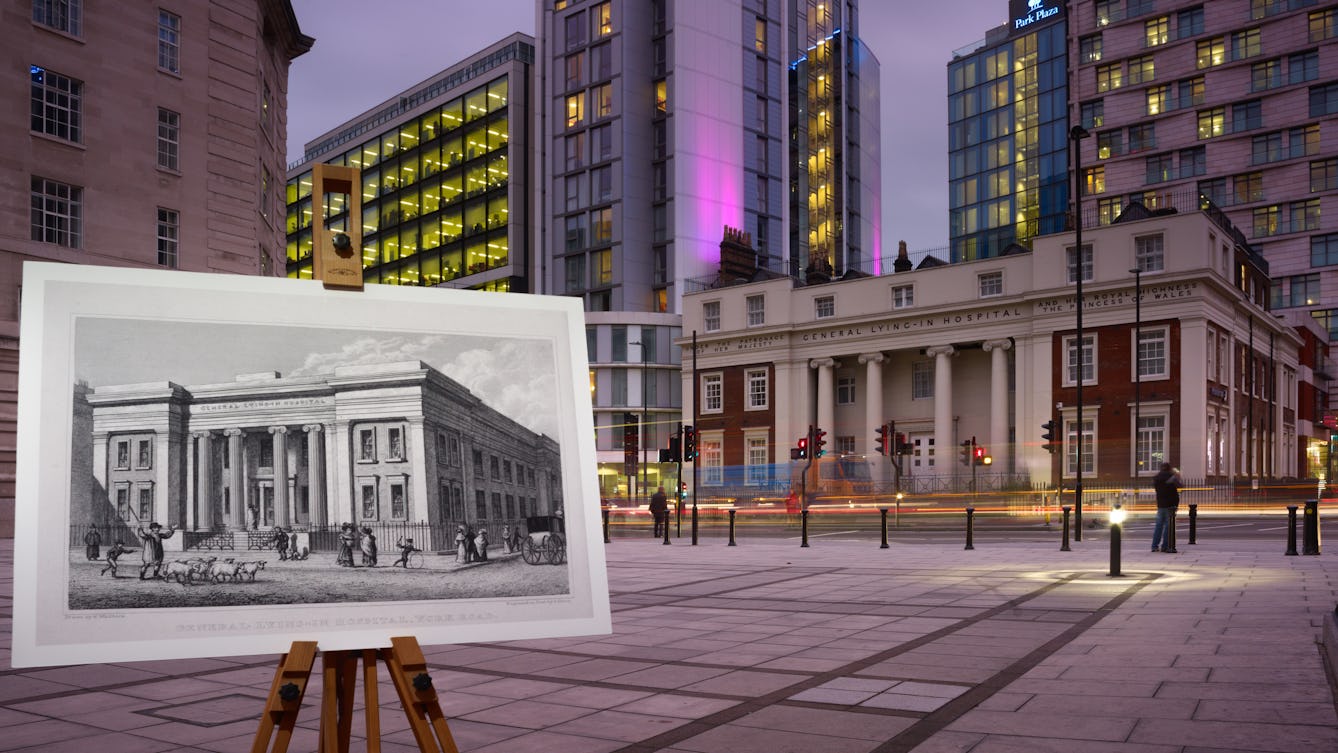
- Article
- Article
London, city of lost hospitals
Come on the trail of hundreds of ghost hospitals, whose remnants hold clues to medical treatments of the past.
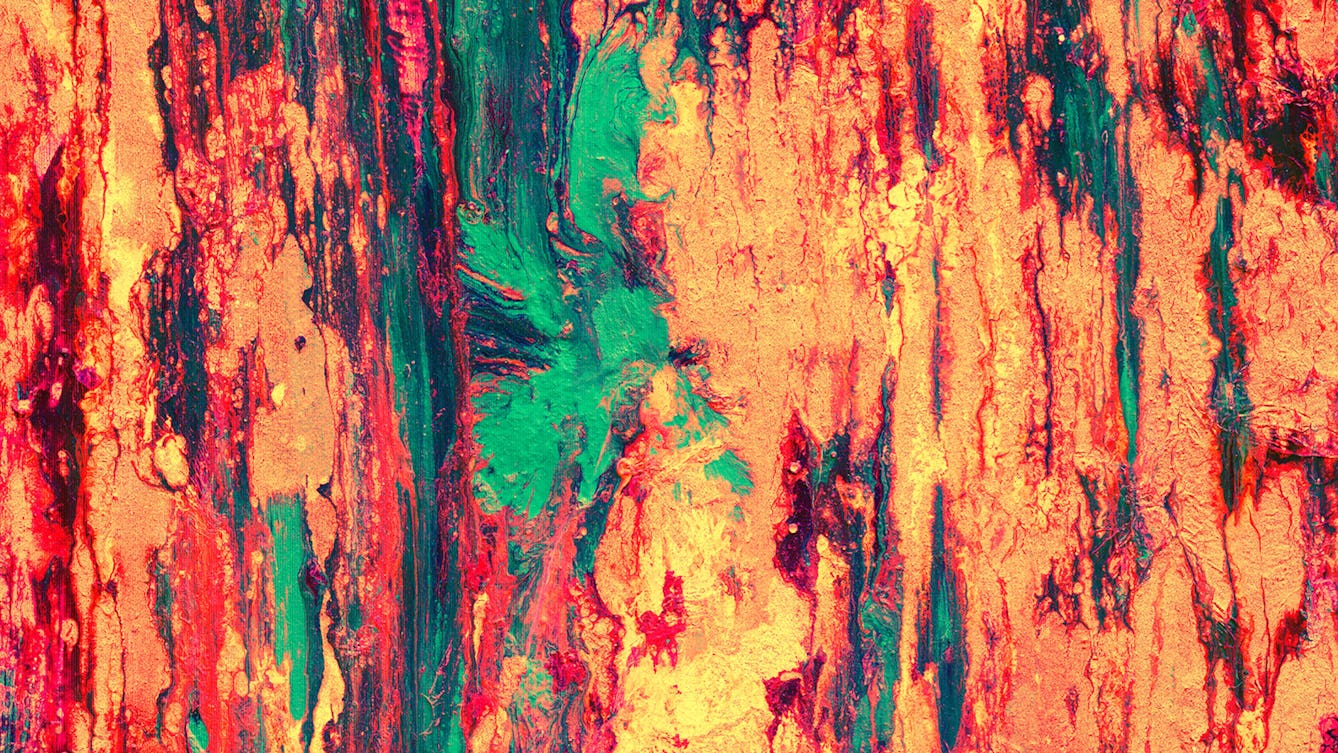
- Article
- Article
Synaesthesia, or when senses overlap
What’s it like to see heartbeats, taste Tube stations or hear paintings?
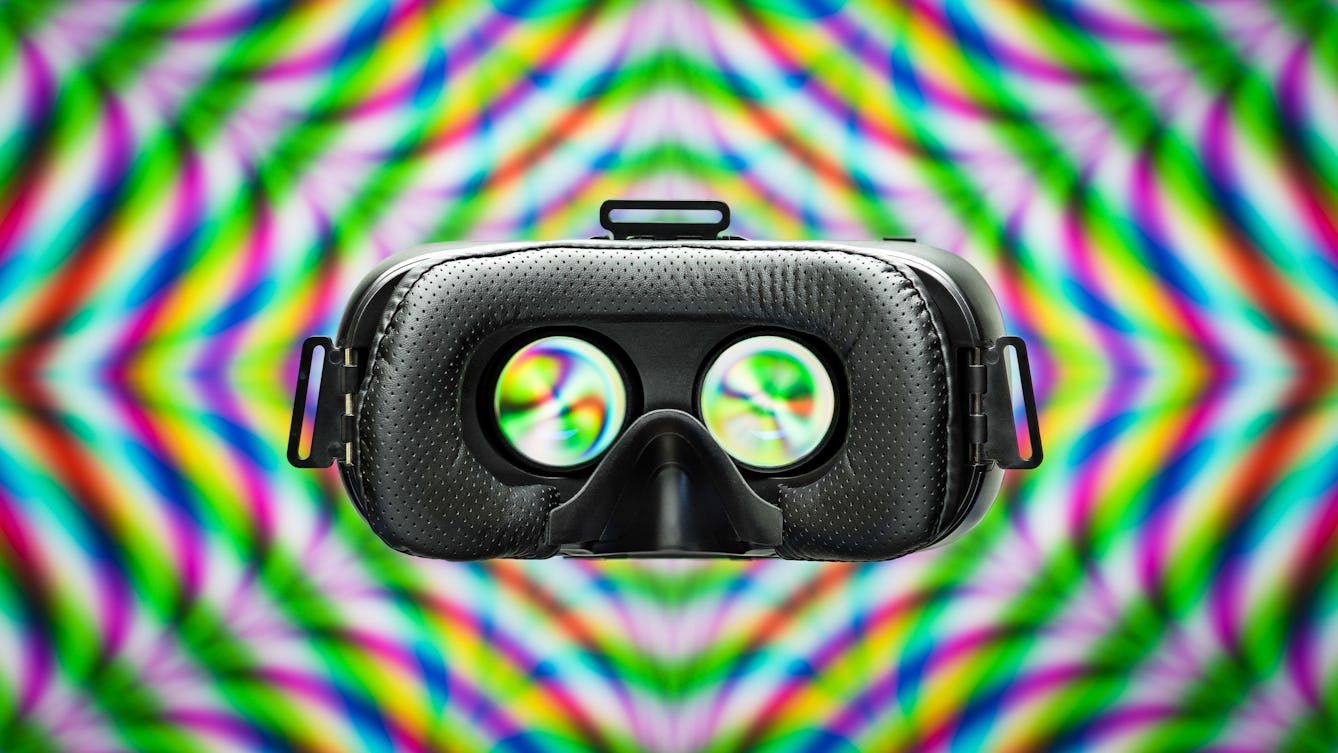
- Article
- Article
Virtual reality and the fix of the future
Virtual reality, with its complex sensory tricks, takes us beyond the real world. Find out how these potentially addictive experiences can harm us – or might even have therapeutic uses.
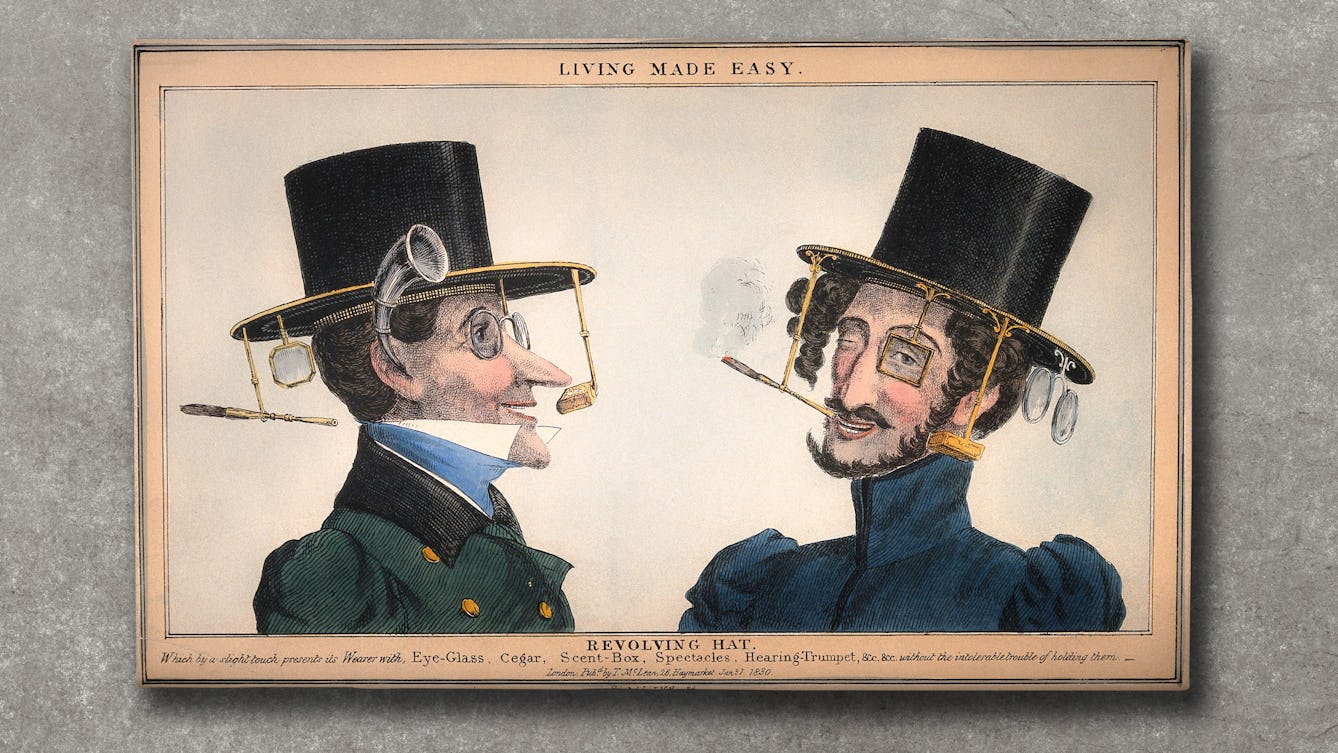
- In pictures
- In pictures
The Victorian perspective on spectacles
When spectacles began to proliferate in the 19th century, some commentators were alarmed. Gemma Almond reveals how the Victorians came to embrace eyewear.
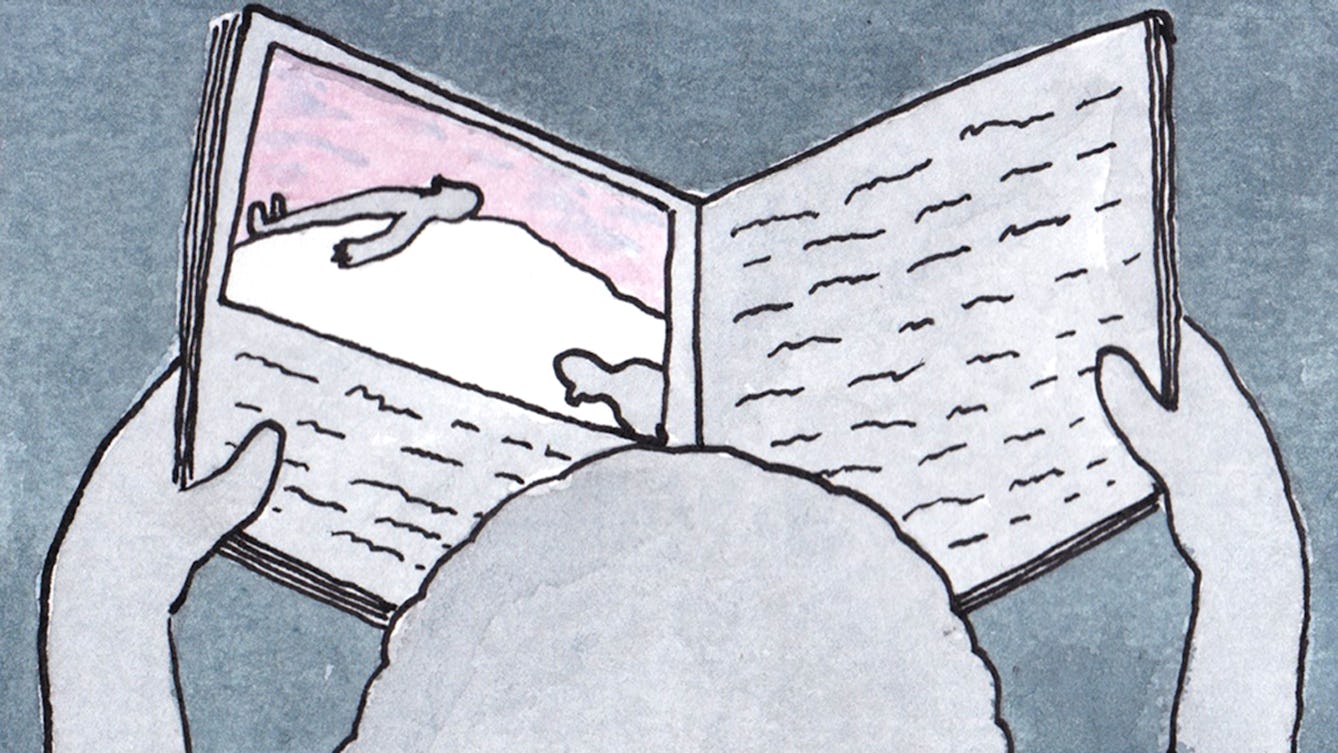
- Comic
- Comic
Hallucination
When your sight is impaired, you might just see more than you ever thought possible

- Article
- Article
A history of gestation outside the body
It’s been over 400 years since a Swiss alchemist theorised that foetuses could develop outside the womb. Claire Horn examines incubator technology past and present, and explores the possibilities recent prototypes might bring.
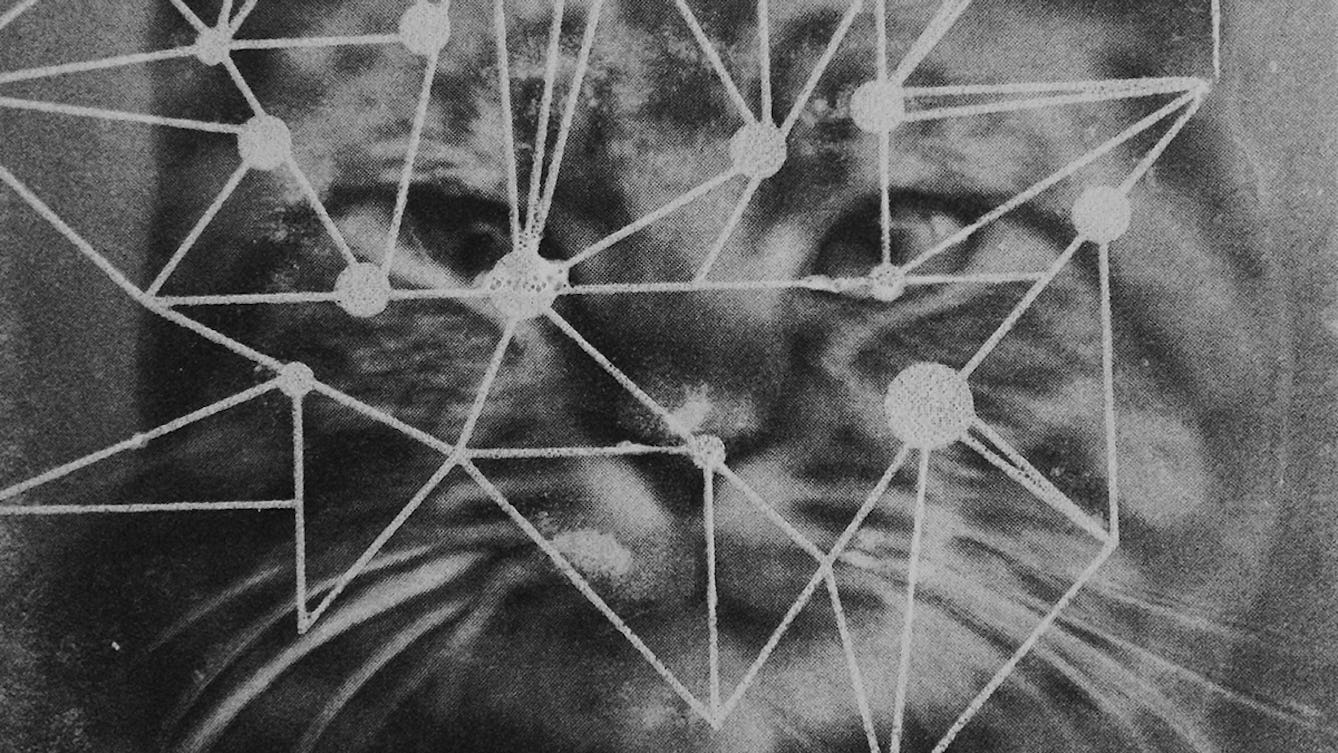
- Article
- Article
Sarah Carpenter on making time for herself through creativity
Art provides a refuge for Sarah Carpenter, allowing her to utilise her energy and keep up the momentum of her recovery.
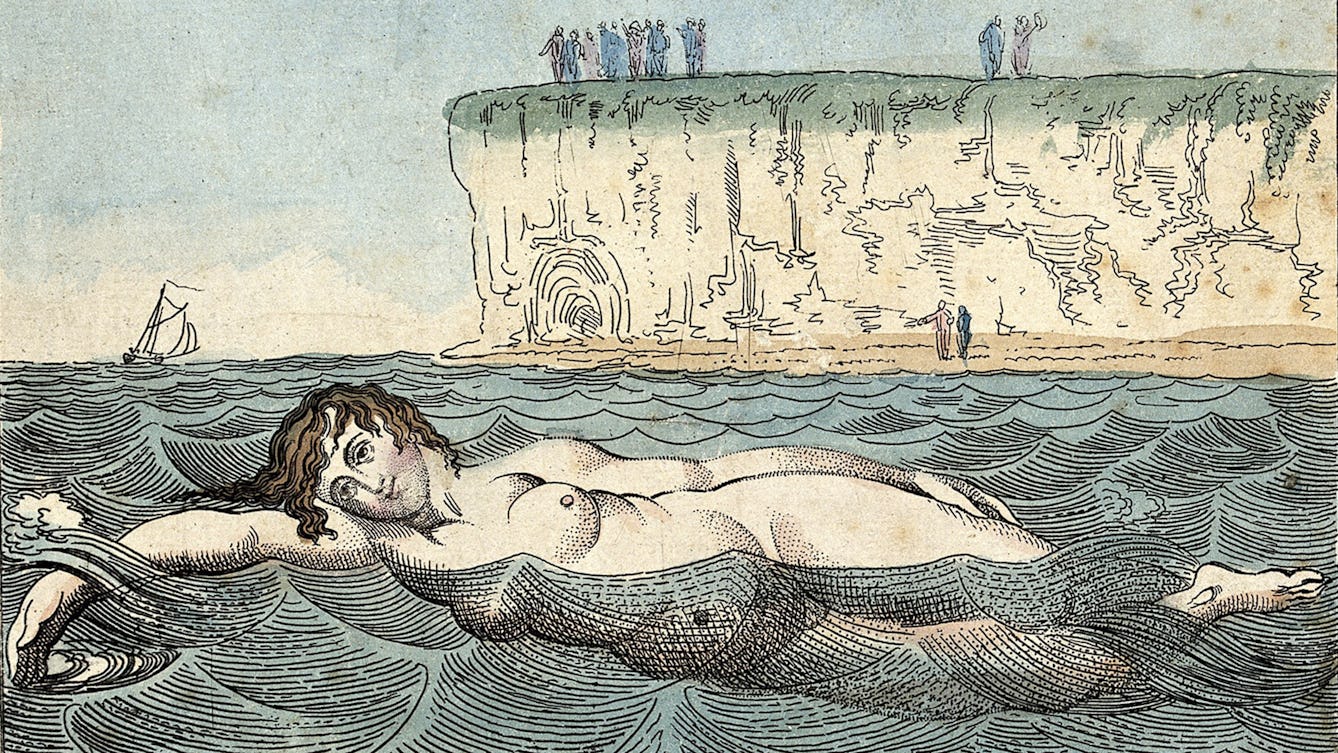
- Article
- Article
Doctors and the English seaside
Fashionable seaside towns in England owe much of their popularity to 18th-century doctors, who advised them to take the 'sea cure'.

- Article
- Article
The sweet sound of synthetic speech
After Alex experienced a serious deterioration in his sight, he came to rely on artificial voices to help him with everyday tasks. Find out how synthetic speech came to be developed.